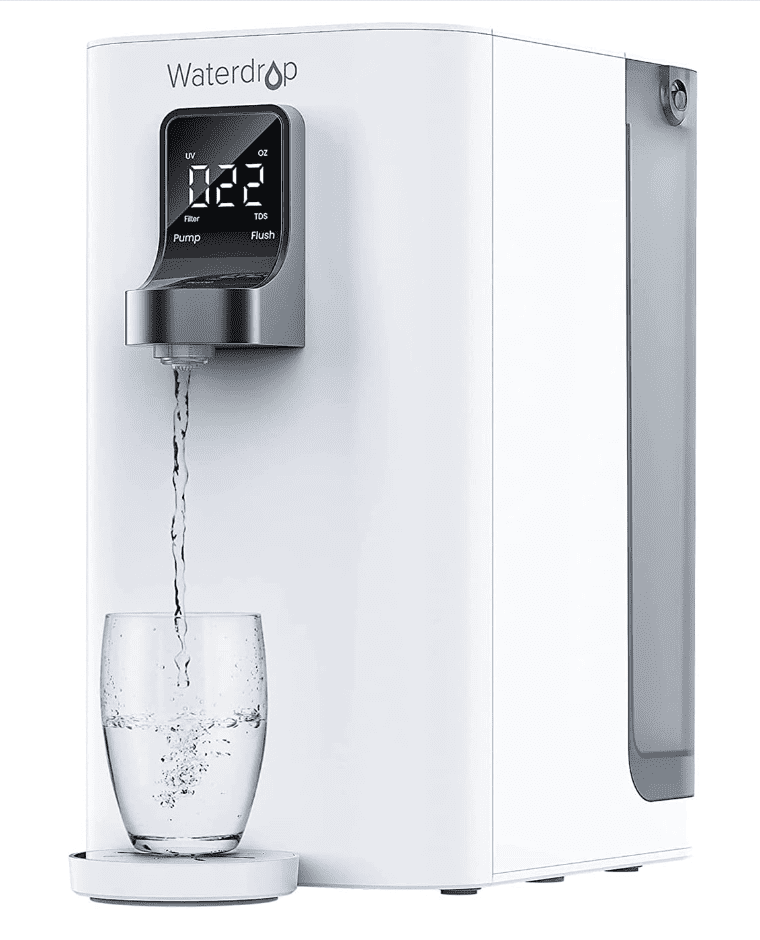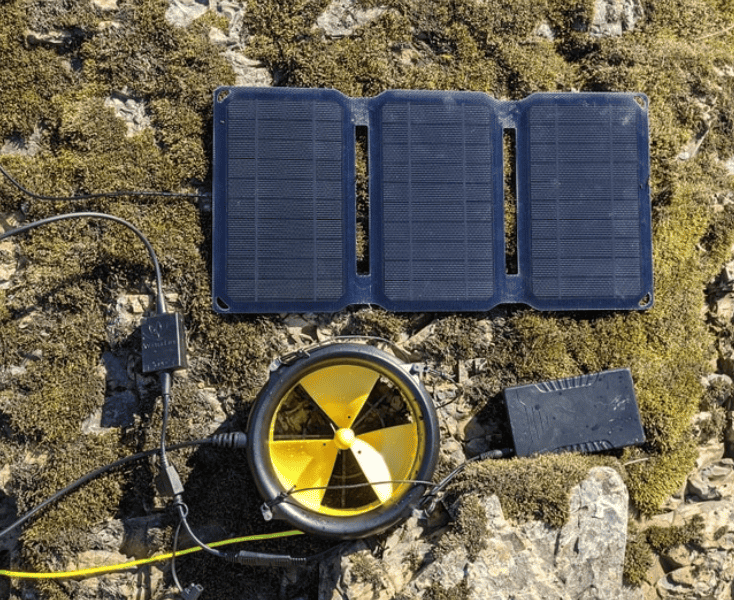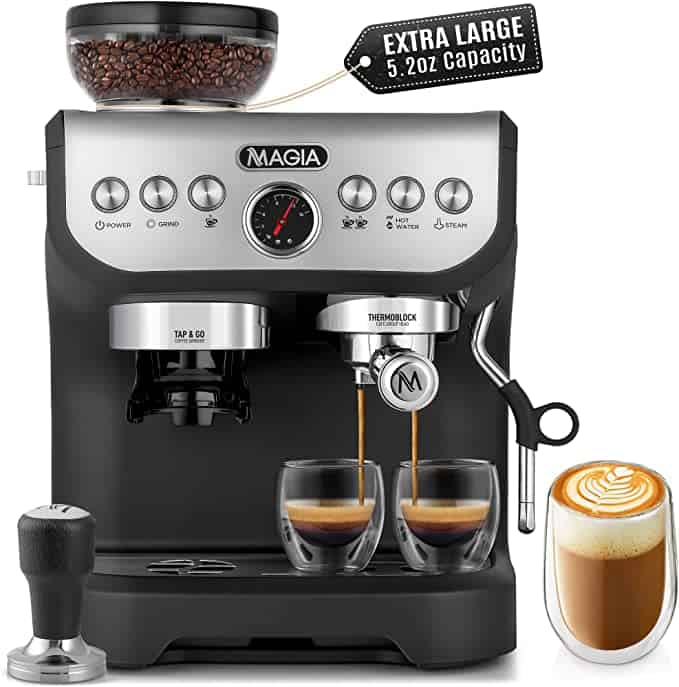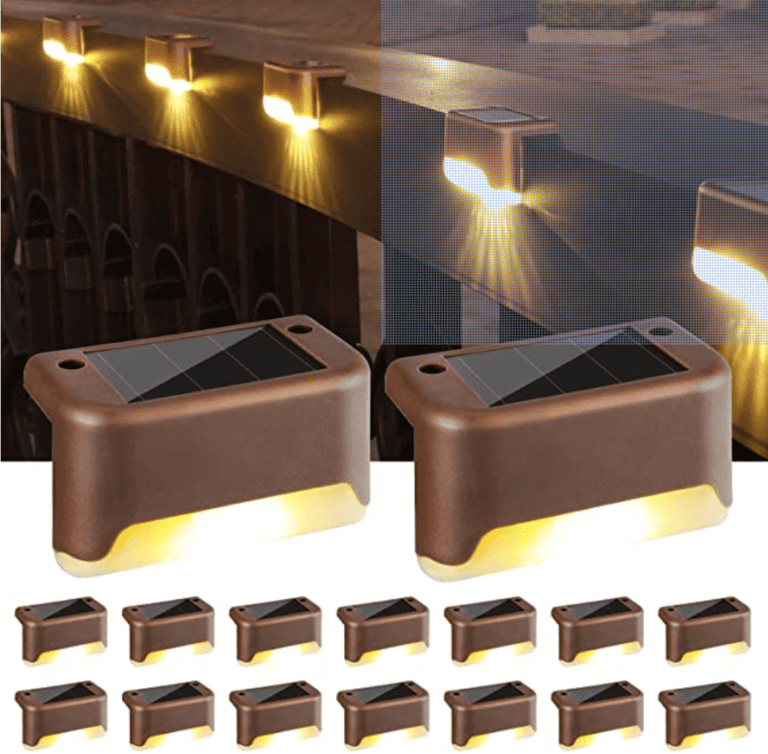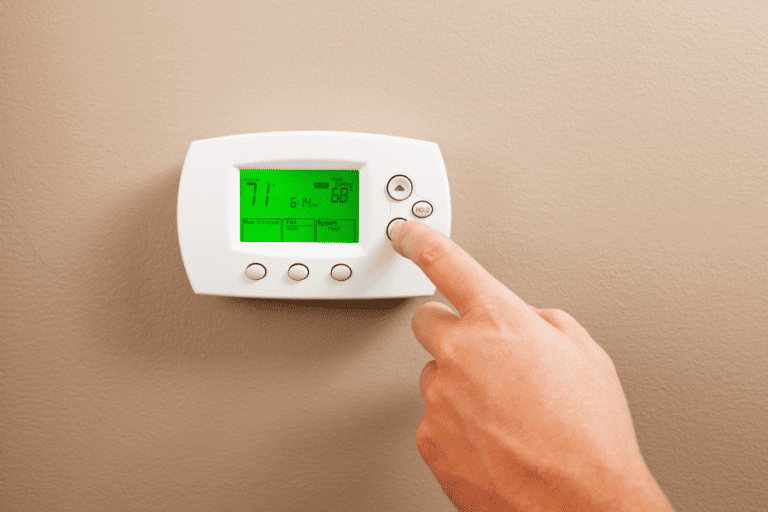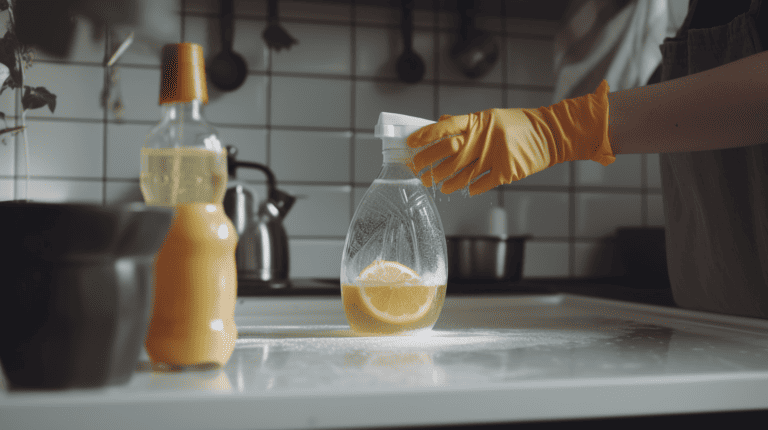Home Water Audit: How to Identify and Fix Leaks in Your Home
I can’t stress enough the importance of conducting a home water audit. Not only can it save you a significant amount of money, but it’s a practical way to contribute to water conservation, an issue affecting us globally. In this article, I’ll guide you through conducting a DIY water audit, help you understand the results, and share some insights on when bringing in professional water auditors might be beneficial. Let’s get started!
The Basics of a Home Water Audit
A home water audit is a detailed investigation of your home’s water use and waste. It’s like a health check-up for your house, identifying any “ailments” like leaky faucets, hidden leaks, or inefficient appliances. The goal? To make your home as water-efficient as possible.
A water audit can help you understand where and how much water you’re using – or losing. It also shows potential ways to reduce water usage and your water bill. We’ll discuss this later; you can do this audit or hire professional water auditors.
Getting Started: What You Need for a DIY Water Audit
You’ll need essential tools and preparation to start your DIY water audit. Get a pen and paper (or your smartphone) to record your findings, a watch to time your water flow, and maybe a few dye tablets for toilet leak tests.
Before starting the audit, ensure no water is used in your home. That means no laundry, dishwasher cycles, or showers happening. This will give you the most accurate reading from your water meter.
Step-by-Step Guide to Conducting an Audit
Let’s begin our DIY water audit. Start by writing down the current reading on your water meter. Then, wait for about two hours without using any water. After two hours, recheck the meter. If the task has changed, there’s a good chance you leak somewhere. 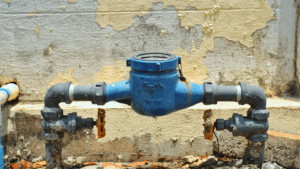
Next, check all your water appliances and fixtures. That includes sinks, showers, bathtubs, toilets, washing machines, and outdoor faucets. Look for visible signs of leaks, like dripping water or moisture around the base. To find hidden leaks, especially in toilets, use dye tablets or food coloring in the tank to see if the color seeps into the bowl.
Interpreting Your Home Audit Results
Once your audit is complete, it’s time to interpret the results. Calculate your water waste from the leaks you’ve found and consider the financial implications. A slow leak might not seem like much, but it can add up to a significant cost over time, not to mention the environmental impact of the wasted water.
Understanding the environmental implications is crucial. Water conservation is not just about saving money but also about protecting our planet’s most precious resource. Small changes in our homes can contribute to significant impacts globally.
Fixing Leaks and Improving Home Water Efficiency
You’ve found the leaks – great! Now, it’s time to fix them. While some leaks might be easy DIY fixes, others require professional help. Don’t be hesitant to call in a plumber if needed.
In the future, consider investing in water-efficient appliances and fixtures. These can dramatically reduce your water consumption and contribute to significant cost savings. Also, consider simple behavior changes, like shorter showers or only running full loads of laundry or dishes.
The Role of Professional Auditors
Sometimes, a home water audit might reveal complex issues, or perhaps you’re uncomfortable doing it yourself. This is when professional water auditors come into play. They have specialized tools and knowledge to identify minor leaks and inefficiencies.
A professional water audit can be a worthwhile investment, especially if you live in an older home or have never conducted an audit before. These professionals can provide detailed reports and advice on how to make your home as water-efficient as possible.
Conclusion
There you have it – a comprehensive home water audit guide. Remember, saving water isn’t just about lowering your utility bills; it’s about doing our part to conserve this precious resource. I encourage you to make water audits a regular part of your home maintenance routine and to share this knowledge with your friends and family. Together, we can make a big difference.
Frequently Asked Questions
- How often should I conduct a home water audit? I recommend doing a DIY water audit at least twice a year. If you notice a sudden increase in your water bill, conducting an audit immediately is a good idea.
- What should I do if I find a significant leak during my home water audit? If you uncover a major leak during your audit, it’s best to call a professional plumber. They have the necessary expertise to address the problem without causing additional damage.
- Are water-efficient appliances worth the investment? Absolutely! Water-efficient appliances can significantly reduce water consumption and save you money in the long run. Plus, you’re contributing to global water conservation efforts.
- Can professional water auditors fix the leaks they find? Most professional auditors can fix minor leaks during the audit but will recommend a professional plumber or the appropriate service for more significant issues.
Remember, every drop counts, so let’s make a difference today!
Resources
https://en.wikipedia.org/wiki/Water_audit
Related Pages
Netro Spark Smart Sprinkler Controller Review
We’re reader-supported. We may earn an affiliate commission when you buy through links on our site.

